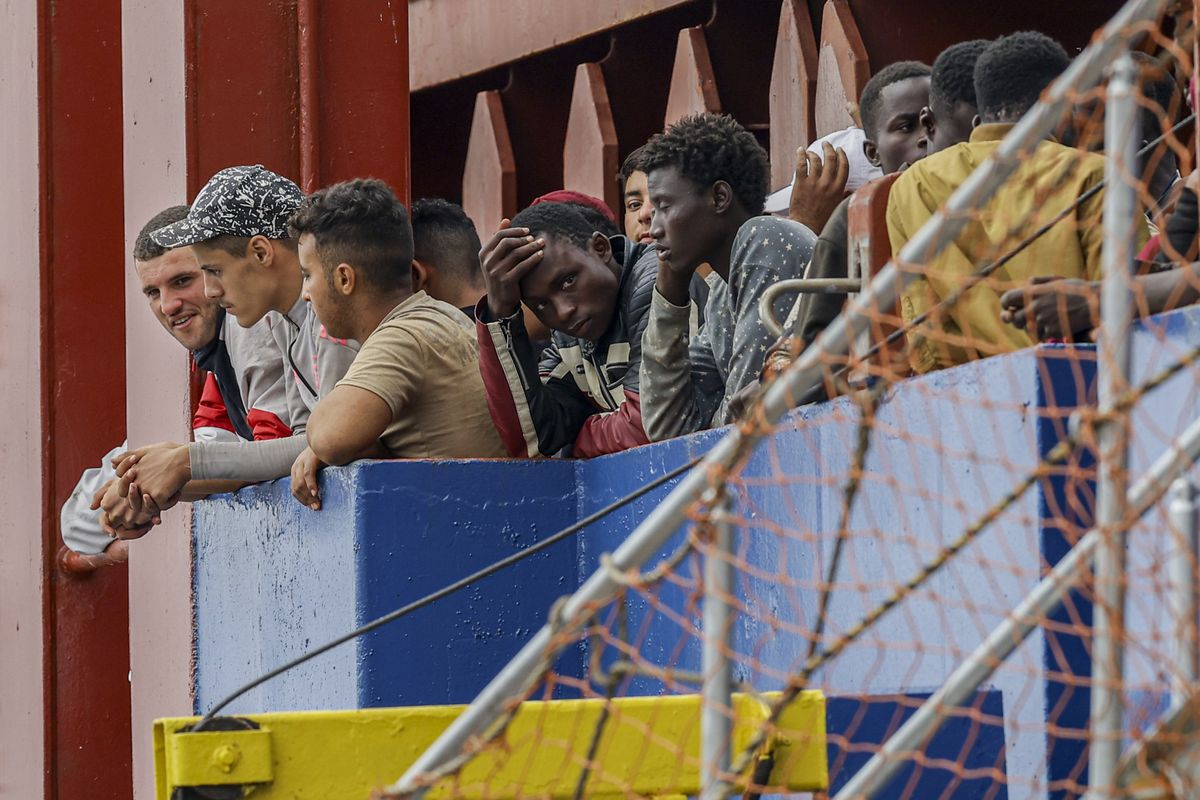The German government on Wednesday announced that authorities will start conducting “flexible spot checks” on border crossings from Poland and the Czech Republic to address an influx of asylum-seekers who have sought to enter the country in recent months.
This comes after Berlin recently joined Italy’s right-wing government in declaring that both countries had reached the “limits of [their] capacity” to take in migrants.
For context, around 204,00 migrants – mostly from Syria, Afghanistan, Turkey, and across Africa – requested asylum in Germany within the first eight months of this year, a 77% jump from the same period in 2022.
But why is the center-left government of Chancellor Olaf Scholz toughening its stance?
This comes just weeks before Germans in Bavaria and Hesse head to the polls in regional elections, and polls show that tough-on-migrant messages are resonating with voters.
In Bavaria, for instance, Germany’s second most populous state, Scholz’s Social Democratic Party is polling at just 9%. Meanwhile, nationally, messaging about border safeguarding has been a boon for the far-right Alternative for Germany Party, now second in an average of national polls.
Facing growing pressure to crack down on asylum-seekers has also brought Berlin head-to-head with Warsaw: At a rally in Bavaria over the weekend, Scholz took aim at Polish officials who had allegedly issued EU visas to Asian and African nationals in exchange for bribes.



















